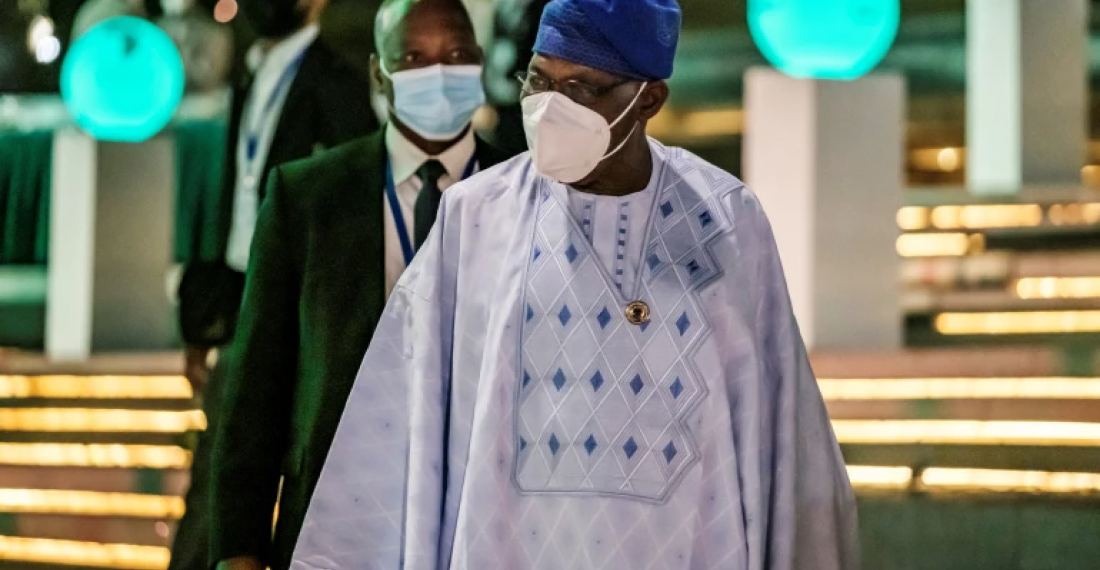The African Union’s chief mediator Olusegun Obasanjo said on Monday (7 November) that the Ethiopian government and the Tigray rebel forces have established a telephone hotline following a truce struck last week.
This comes after the two parties agreed on 2 November to end any hostilities and call a ceasefire to a war that has already killed thousands and displaced millions.
Representatives of Ethiopia’s government and the Tigray regional forces met in the Kenyan capital, Nairobi, to discuss how the ceasefire should be implemented. Obasanjo argued that the hotline is the first sign of progress towards peace. The hotline will address any flare-ups in fighting and coordinate disengagements with both sides, recognising that communication is key to stop the fighting. The African Union further added that the meeting was expected to reach an agreement on ending the fighting, restoration of services in the Tigray region, and the provision of humanitarian aid. Although the hotline is a positive step towards peace, the implementation of a ceasefire will be tough as there are still unsettled political and territorial disputes.
The self-proclaimed Tigray People’s Liberation Front pledged to disarm their fighters within 30 days under the agreement. Officials are also hoping for a panel of experts led by the African Union to monitor the compliance of the ceasefire this week.






